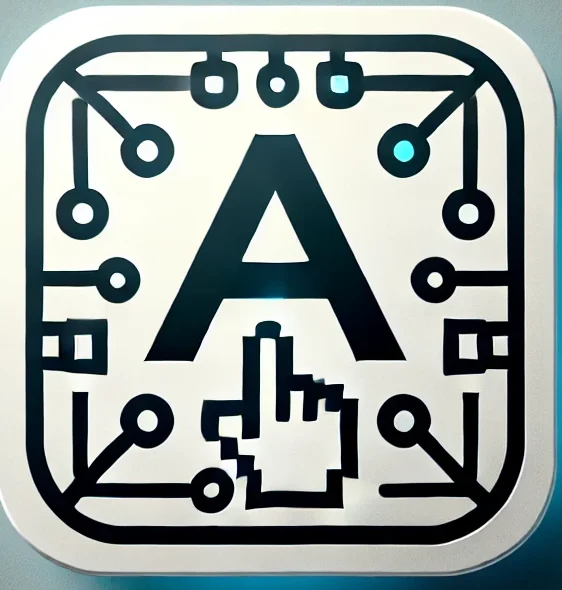In today’s fast-paced digital world, ChatGPT has gained popularity as a go-to tool for content creation, coding, and automating tasks. But, what if I told you that its true potential goes beyond just writing blogs or generating code snippets? I’m here to share my journey of using ChatGPT not just as a tool but as a learning companion—one that helped me understand complex concepts and eventually crack interviews.

From Content Creator to Concept Master
Like many others, I initially approached ChatGPT with the idea of using it for content creation. However, during my transition into digital marketing, I realized I could leverage it to clear my doubts, break down complex topics, and understand industry-related concepts in a much deeper way.
For instance, when I was preparing for interviews, I came across terms like “SEO metrics,” “Google Ads optimization,” and “content strategy alignment”—concepts that seemed daunting at first. That’s when I decided to use ChatGPT, not to generate content but to learn.
What made the experience special was how interactive ChatGPT is. Unlike passive learning tools, it allowed me to ask follow-up questions, go deeper into specific areas, and really tailor the information to what I needed. This personalized learning approach made even the most complex concepts feel manageable.
Simplifying Complex Ideas
Imagine preparing for a digital marketing interview and being stumped by how Google Ads bidding works. Instead of feeling overwhelmed, I asked ChatGPT to break it down step-by-step. Not only did I understand the concept, but I could also apply it during an interview by explaining it clearly and confidently.
ChatGPT acted like a tutor, simplifying the jargon into digestible pieces of information. Instead of just memorizing terms, I grasped the “why” and “how” behind them. This depth of understanding gave me the confidence to answer technical questions in interviews with ease.
How ChatGPT Helped Me Ace Interviews
One of the biggest challenges in any interview is explaining concepts with clarity and confidence. While many candidates focus on memorizing answers, I approached it differently. I used ChatGPT to understand the logic and reasoning behind every concept I encountered.
For example, when I was asked about social media analytics in one of my interviews, I didn’t just list metrics like “engagement rate” or “impressions.” Instead, I was able to explain why these metrics matter, how they can influence strategy, and how they align with business goals—all thanks to ChatGPT’s guidance.
This understanding helped me stand out from other candidates, as I wasn’t just reciting facts—I was demonstrating a deep comprehension of the subject. And in multiple instances, it was this clarity that helped me crack the interviews.
More Than Just a Content Generator
Many people still think of ChatGPT as a tool for generating content or automating simple tasks, but in my experience, it is far more powerful than that. It’s an interactive learning companion that can explain intricate concepts, tailor information to your level of understanding, and provide deep insights in a way that traditional learning tools cannot.
I encourage anyone preparing for interviews or learning new concepts to use ChatGPT as more than just a content generator. Ask it questions, dig deeper into the topics, and use it to truly understand the subject at hand.
Final Thoughts
The key to using ChatGPT effectively is recognizing its versatility. Whether you’re a student, a professional, or someone transitioning careers like me, ChatGPT can help you move beyond surface-level learning and dive into real understanding.
By using it as a tutor rather than just a tool, I was able to break down complex digital marketing concepts and perform well in interviews, turning what could have been a nerve-wracking experience into a confident one.
So, next time you log into ChatGPT, think of it as more than just a writing assistant—use it to deepen your understanding, and who knows, it might just help you land your next big opportunity, like it did for me!
